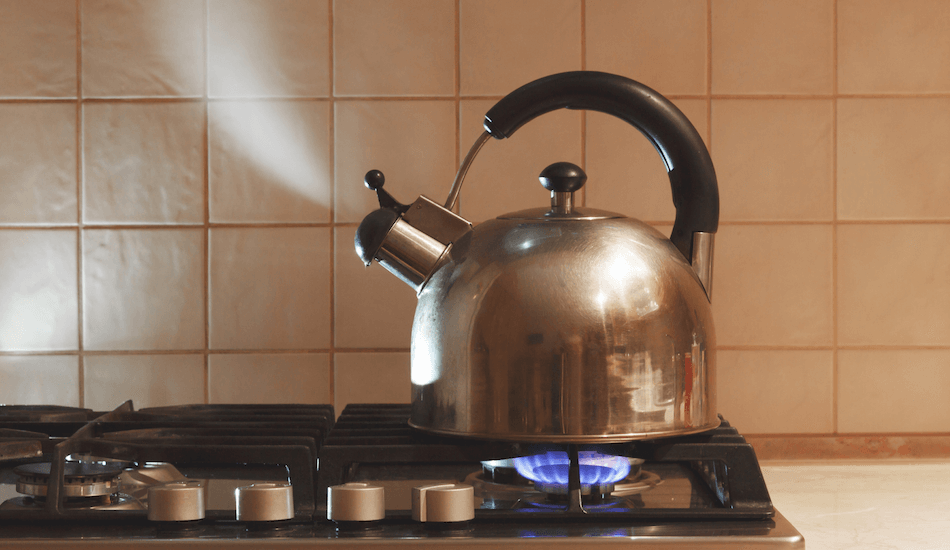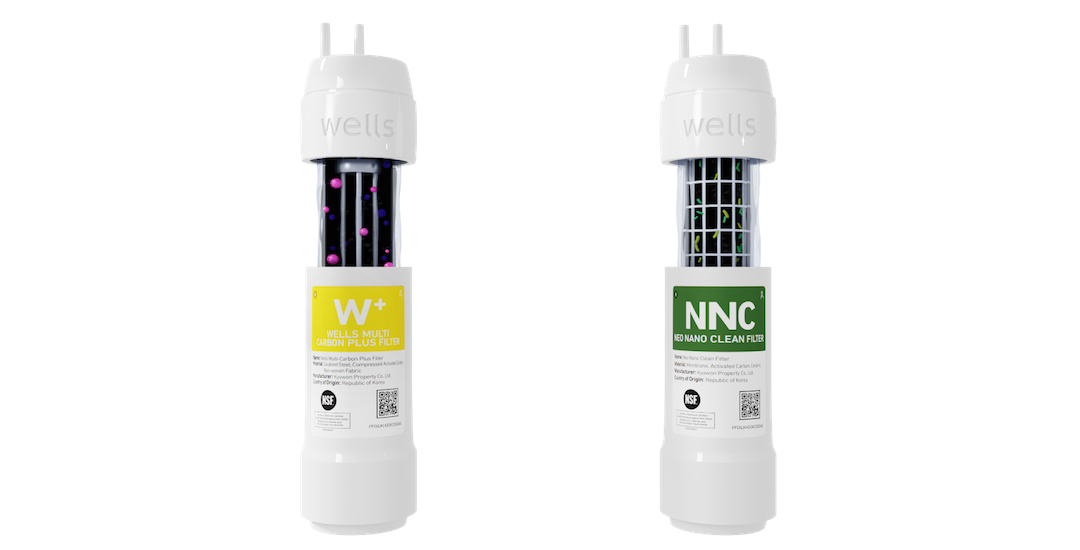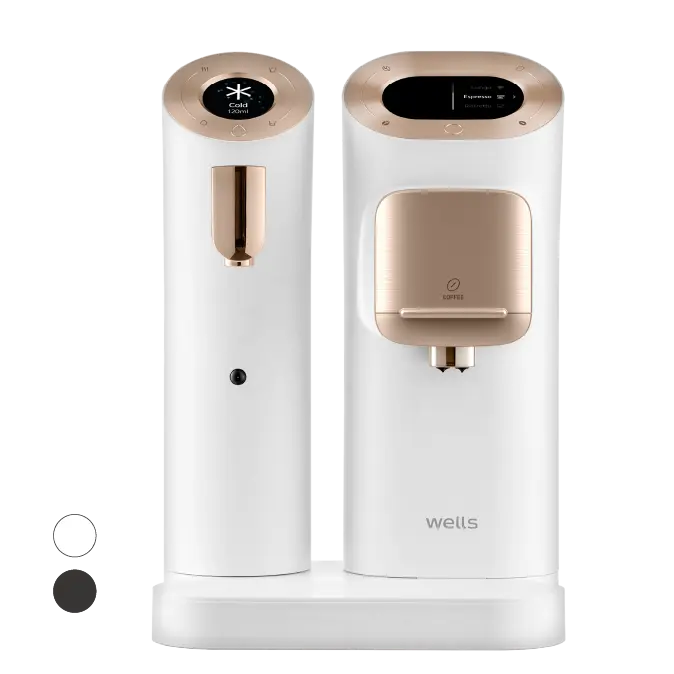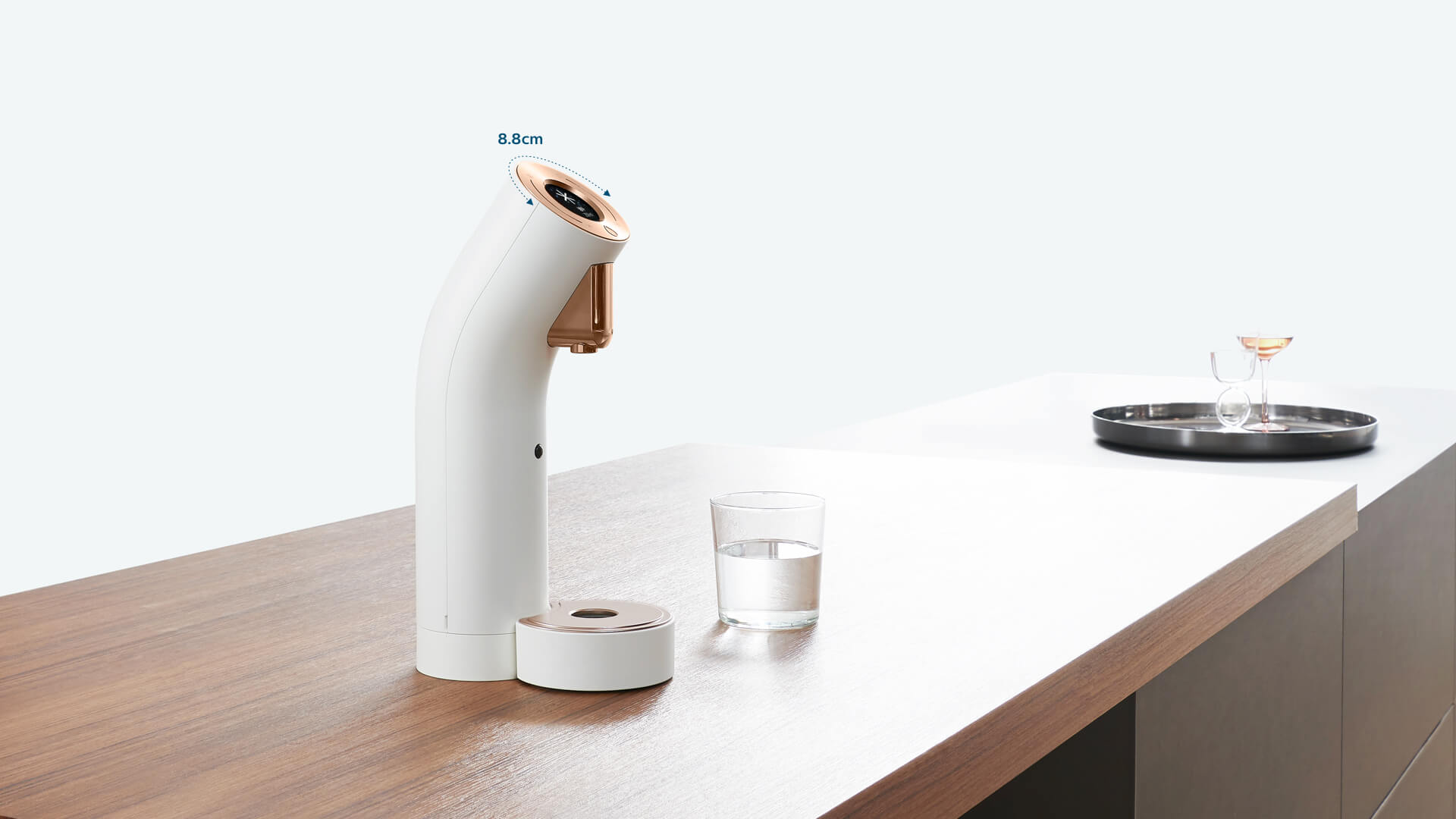Clean drinking water is essential for maintaining good health and well-being. Water is a fundamental necessity, and ensuring its safety is paramount to preventing waterborne diseases and other health issues. Two common methods to achieve this are boiling and filtering water. Boiling effectively eliminates pathogens and bacteria but does not remove chemical contaminants. On the other hand, filtering water can improve taste and remove impurities. Both techniques have their advantages and limitations. Understanding which method suits different situations is crucial. This article explores the benefits and drawbacks of boiling and filtering water, helping you decide how to ensure drinking water is safe and clean.
Understanding Water Boiling

Boiling is one of the most basic and easiest ways to purify water. It means bringing the water to its boiling point of 100°C (or higher temperatures depending on your altitude). This is when the water that once was a liquid changes into a gaseous state. Boiling is deadly to many harmful microorganisms because it makes the water hotter than what they can survive in.
Boiling water rapidly kills bacteria and viruses that cause such contaminations. Almost all microorganisms are killed off by a temperature of 158°F (70°C) or higher, and actual boiling will kill everything in under a minute. Therefore, boiling has been a reliable procedure for water disinfection and proves to be effective in uncanny circumstances or when other methods are now available.
In contrast, boiling is a very potent method to kill biological contamination, but it comes with other limitations. For instance, boiling the water does nothing about chemical contamination in the streams: pesticides, heavy metals and other pollutants. These will be in the water after boiling and are still toxic to our health. Cooking also takes time and almost always calls for some heat source, making it only sporadically a possibility.
Understanding Water Filtration

Water filtering purifies the substance by passing it through a physical barrier or a chemical process to remove contaminants and impurities. It also traps particles, microorganisms, and unwanted elements to make the water passing through it cleaner and, thus, safer for use as drinking water. A water filter’s filtering effect is determined by its design and the type of material used.
There are many different types of water filters that all target certain contaminants like:
- Activated Carbon Filters: These filters employ activated carbon to adsorb impurities from the water. Activated carbon: Activated charcoal has a vast outside the highest point of caverns that may grasp contaminants, for example, chlorine and volatile organic compounds (VOCs). It can likewise lessen parasite byproducts in your water supply. Heavy metals and microorganisms are not well controlled by these processes.
- Reverse Osmosis (RO) Filters: RO filters push water through a semi-permeable membrane to remove most contaminants. The membrane passes virtually all the water, blocking 99% of harmful chemicals and bacteria in your pipes. This technique is powerful but gradual and requires heavy water strain.
- UV filters: UV light eliminates waterborne pathogens such as bacteria, viruses and other microorganisms. While UV filters are great for sterilizing, they do not eradicate chemical contaminants or particulates. They are typically used in home water filtration for a more comprehensive purifying effect.
Certain styles of water filters are more effective than others.
- Bacteria and Viruses: Both the RO and the UV filter successfully remove/kill bacteria, parasites, and viruses. Unlike other filtration methods, activated carbon filters are less effective at eradicating these microorganisms.
- Chemical contaminants: Activated carbon filters can remove chlorine, VOCs, and some pesticides, in addition to biological pollutants. RO filters are effective against chemical contaminants like heavy metals and dissolved salts.
- Heavy Metals: RO filters remove heavy metals, including lead, mercury, and arsenic. Carbon filters can also help with a few heavy metals, although to do this, you need an activated carbon filter (not just one of those more common loose-media ones). However, they tend to be less effective than RO systems.
Comparing Boiling and Filtering Water
Category | Boiling | Filtering |
Effectiveness |
|
|
Convenience |
|
|
Cost |
|
|
Taste and Quality |
|
|
Health and Safety |
|
|
Environmental Impact |
|
|
Scenarios and Recommendations |
|
|
Conclusion
In summary, boiling and filtering water have merits and limitations. Boiling is highly effective in killing bacteria and viruses, making it a reliable method for emergencies. However, it falls short of removing chemical contaminants, and it can be time-consuming, making it less practical for daily use.
On the other hand, water filters offer a comprehensive solution. They effectively remove many pollutants, including bacteria, viruses, chemicals, and heavy metals. They provide consistent, high-quality drinking water, which improves taste and convenience.
Overall, filtered water is better for your health. It offers numerous benefits over boiled water. Investing in a good-quality water filter ensures a continuous supply of safe, clean, and great-tasting water. For the best water quality solution, consider exploring Wells Malaysia range of water filters. They are designed to meet your specific needs and provide you with the highest drinking water standard.







